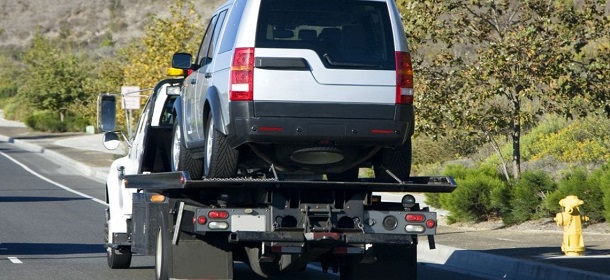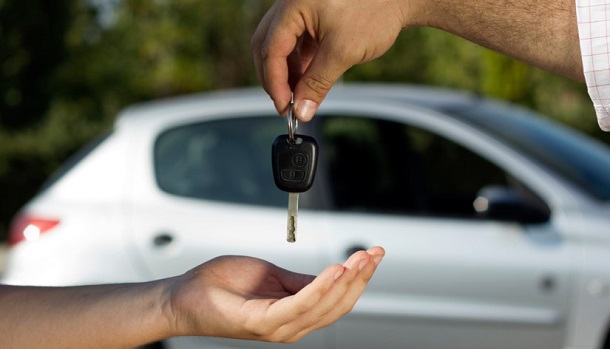
Taking out a loan, through whatever means, can often be a lifeline if you’re struggling financially. However, unfortunately, sometimes financial difficulties don’t stop after you’ve taken out the loan and you may find yourself in a position where you can no longer afford the repayments.
Taking out a secured loan, such as a logbook loan, can have serious repercussions if you fail to keep on top of your payments – to the extent where your security deposit, that is, your car, could be taken from you by the lender.
What is a logbook loan?
A logbook loan is a loan taken out where your vehicle, whether that be a car, van or motorcycle, is held as security by the lender. The vehicle itself is still able to be used by you, but its logbook is handed over to the lender, giving them security on the loan you have taken out.
When you take out the loan, you are obliged to sign a Bill of Sale, meaning that if you are unable to pay back the loan for whatever reason, then the lender is liable to sell on your vehicle as a means of recovering the money they have loaned to you. You also run the risk of being taken to court by the lender if the sale of the vehicle does not cover the amount of money you have borrowed from the lender.
If you find yourself in difficulty coming up with money to make a payment on your logbook loan, then you should get in touch with your lender as soon as possible. They may be able to help you by coming up with an alternative payment plan or else give you some breathing space to come up with the money. Failing to make payments without discussing with your lender can lead to damaging consequences, such as serious negative marks on your credit rating or else vehicle repossession.
What rights do logbook loan lenders have over your vehicle?

While lenders have the right to sell your vehicle if you default on your payments, the rules are a little bit less transparent than this, and there is a certain protocol that lenders have to follow.
If you miss more than one payment, your lenders will get in touch with you, giving you an opportunity to get up to date with your missed payments. If you fail to do so, then you will be issued with a default notice, a notice that gives you an additional 14 days to make sure that the payments are made and up to date.
If you don’t make up the missing payments by the end of the 14 days, then your account will be placed into arrears and the lender can choose to take further action against you. Repossession of the vehicle, at this point, is a distinct possibility and you could be taken to court.
Lenders must wait for five days after your account has defaulted before they can take away your vehicle, but once the five days have passed, they can do this at any time of day or night.
Upon repossession of your vehicle, if the money retrieved does not cover the cost of the loan, as a borrower you are obligated to make up the rest of the cost. If you are unable to do so, the lender could take you to court. This is a move that can cost you more than just money, with your credit rating likely to take a hit as well.
If on the other hand, more than the cost of the loan is acquired from the sale of the car, the difference will be credited back to you, minus any additional costs. Lenders will only use repossession as a last resort, and they must honour you with at least two weeks to attempt to reorganise your finances and catch up with your payments before placing your account into arrears.
If you decide to take out a logbook loan, the vehicle does not officially belong to you again until the entirety of the loan has been repaid. Difficulties may arise, for example, if you choose to sell on your car while you have a logbook loan placed on it could result in its new owner having it repossessed – they can then take you to court to claim back the money they paid for the car. Technically, a logbook loan means that the vehicle does not belong to you and by selling it, you would be breaking the law.


